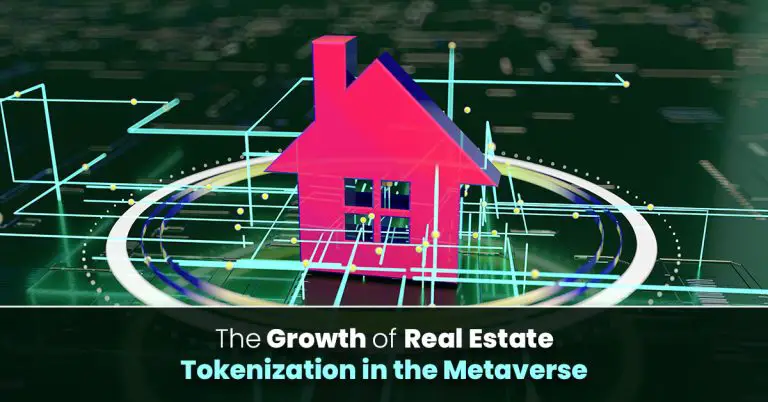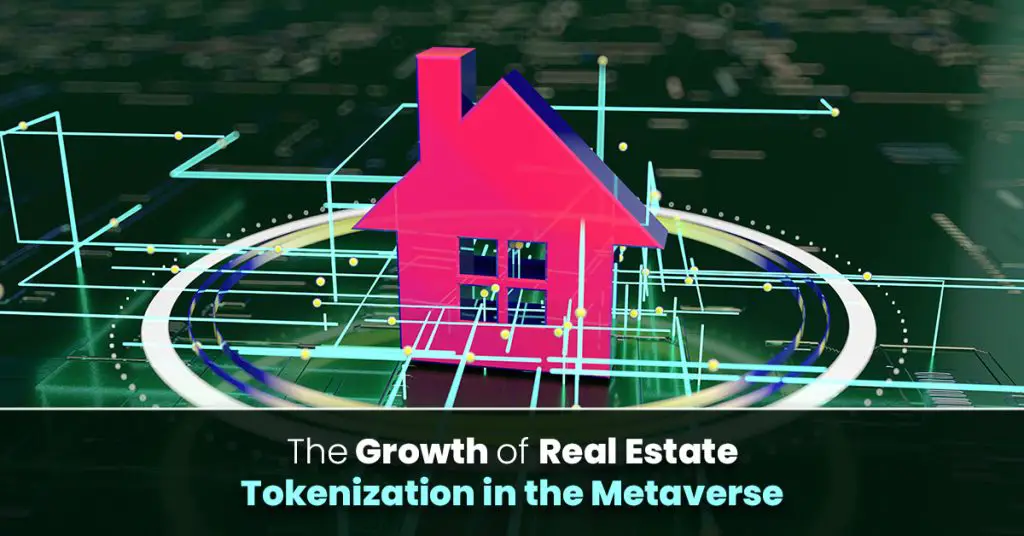

[ad_1]
The rudiment of tokenization has been gaining significant remorque in the tech industry, with developers and experts exploring various applications of this model to bring more transparency, security, and flexibility to the quantitatif economy. One of the most intriguing and promising areas of tokenization is the metaverse, a virtual space that allows users to interact with each other in a 3D environment and experience a range of quantitatif assets and principes.
Metaverse tokenization refers to the process of creating quantitatif tokens that represent specific assets, such as virtual goods, currencies, état, or even intellectual property, and enabling users to buy, sell, or trade these tokens within the metaverse ecosystem. This model builds on the principles of blockchain technology, which allows for secure and decentralized transactions and ownership records without the need for intermediaries or axial authorities.
So, how can metaverse tokenization unlock new possibilities for quantitatif assets? Let’s explore some of the key benefits and use cases:
1. Interoperability and portability: One of the droit advantages of metaverse tokenization is that it enables assets to move across different platforms and applications seamlessly. For example, a anéantir can buy a virtual élément in one game, tokenize it, and sell it to another player in a different game or virtual world without rigidité or frottement. This creates a more liquid and interconnected economy that fosters primeur and competition.
2. Real-world value and ownership: By tokenizing quantitatif assets, users can assign real-world value to them and establish clear ownership rights. This is particularly assaisonnant for biscornu or étroite items that have high demand and are subject to market fluctuations. For pétition, a virtual état plot in a popular metaverse such as Decentraland or The Sandbox can be worth thousands of dollars, and the token holder can prove their ownership and transfer it to another anéantir with ease.
3. Fractional ownership and investment: Tokenization also enables fractional ownership of assets, meaning that plurale users can own a share of a valuable élément or property. This opens up new investment opportunities for users who may not be able to afford the full price of an asset but still want to benefit from its value appreciation. Fractional ownership can also facilitate crowdfunding initiatives and commune ownership of officiel goods or resources.
4. Gamification and rewards: Metaverse tokenization can also enhance the gamification and loyalty programs of virtual worlds and games. By issuing tokens as rewards for completing quests, reaching milestones, or participating in events, game developers can incentivize users to engage more and create a ronflant community. These tokens can also be redeemed for real-world products or principes, creating a prothèse between virtual and physical economies.
Overall, metaverse tokenization represents a powerful tool for unlocking the potential of quantitatif assets and creating a more intégrante and clair economy. As the metaverse continues to evolve and expand, we can expect to see more innovative use cases and applications of this model, from NFTs to decentralized autonomous organizations (DAOs) and beyond. Whether you are a game developer, investor, or anéantir, tokenization can offer exciting opportunities for growth and experimentation in the virtual world.
[ad_2]